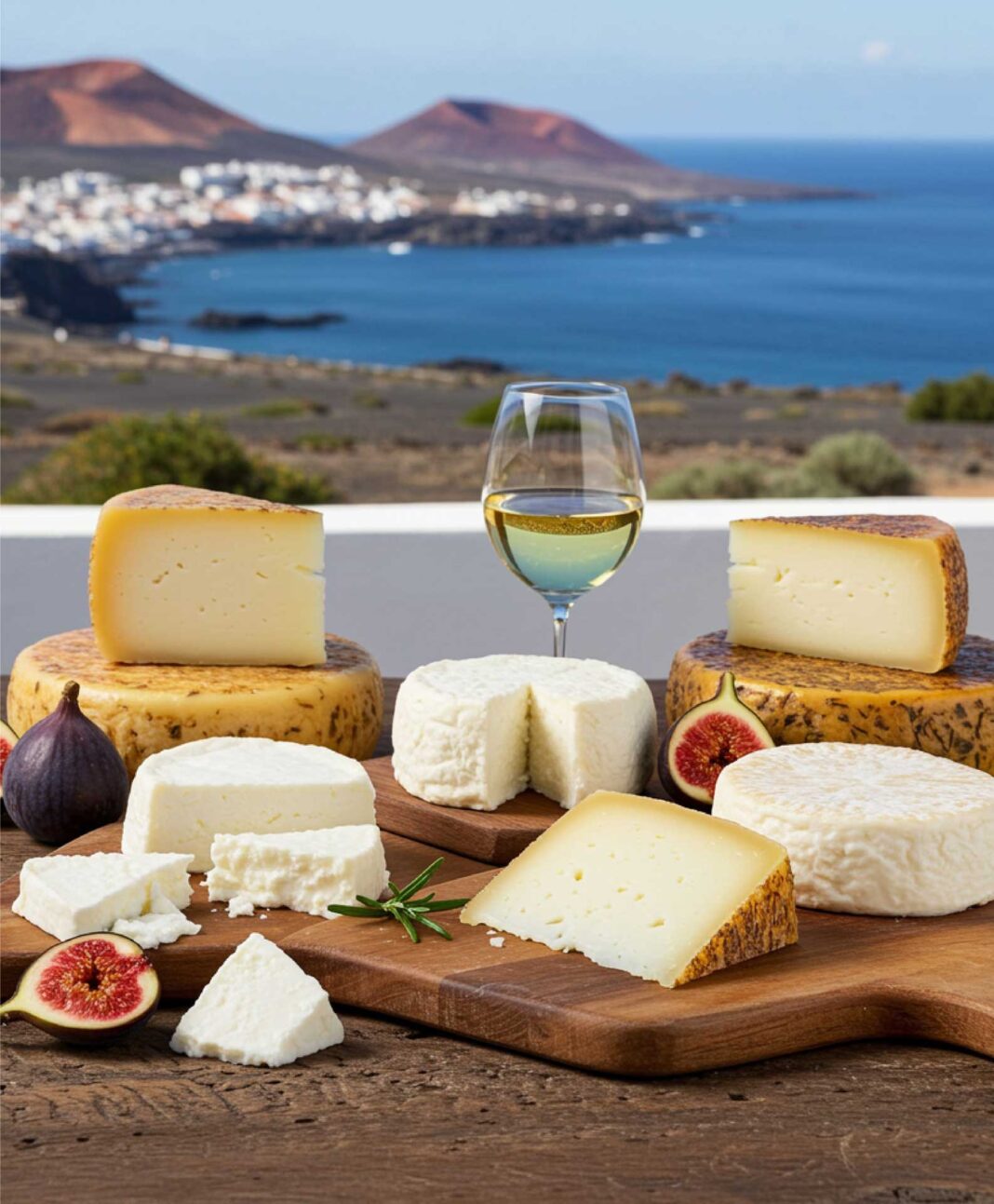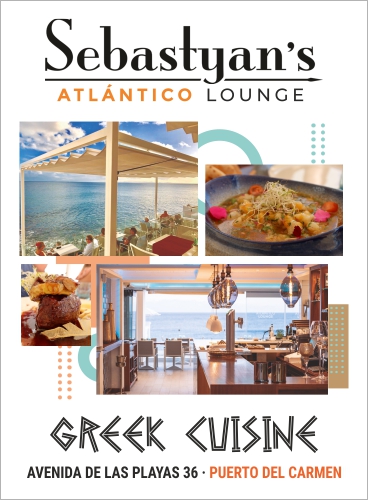Innovation and technology have joined forces in an ambitious culinary and archaeological project to revive ancient Canarian cheese. Chef Diego Schattenhofer and Dr Marichu Fresno have combined scientific research with historical insight to recreate this ancestral recipe, traditionally made using natural lactic fermentation, without any animal rennet.
The 21st century version of this ancient cheese has been achieved by experimenting with plant-based coagulants like fig tree latex, and using native strains of Penicillium for the ageing process. Indigenous plant species were also incorporated into the pressing process, reflecting the Guanche heritage of Tenerife and infusing the cheese with the aromas, flavours, and textures of the islands’ unique biodiversity.
This revival revisits the unique methods once used by the early inhabitants of the Canaries to preserve food while also highlighting their deep connection with their natural environment. More than a culinary experiment, it represents a meaningful dialogue between past and present that opens the door to further innovation. This project is a true game changer: a kind of culinary ‘Jurassic Park’ spearheaded by the Canary Islands Institute of Agricultural Research (ICIA) and Chef Diego Schattenhofer’s restaurant, Taste 1973 (Hotel Villa Cortés).
It’s an exciting journey that brings the ancestral food culture of the Canary Islands into the present day, expanding the horizons of regional cuisine through bold, forward-thinking experimentation.




